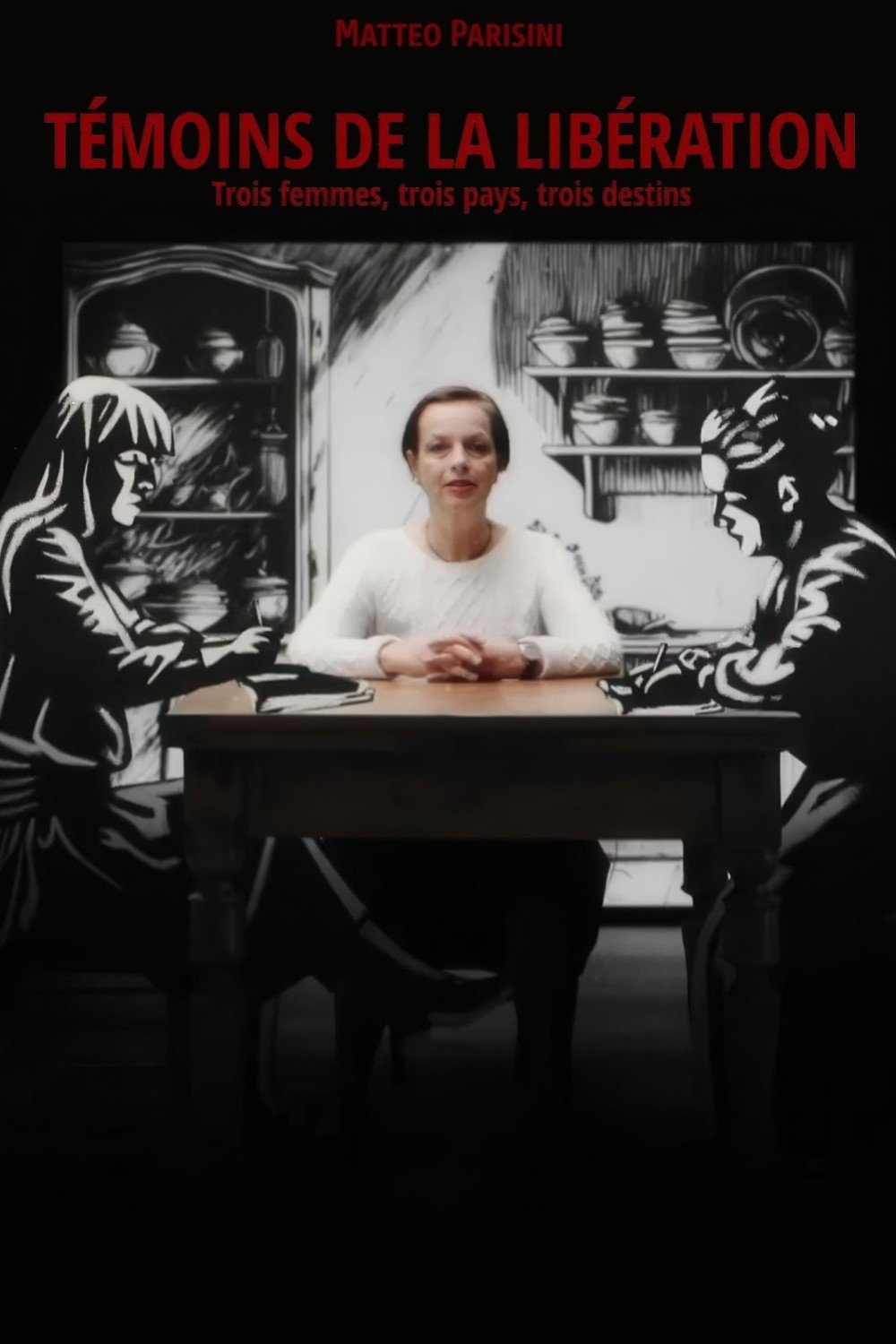
The end of World War II brings Europe a new political system, reshapes national and personal identities. Three women from Milan, Paris and Berlin report on the days of liberation in their diaries. Their personal stories expand the historical picture and make LIBERATION DIARIES a chronicle of female self-empowerment, resistance and resilience.

Every morning, Marcel confides in his tape recorder. It is from his reflections on life that this film takes us into the wake of his story.
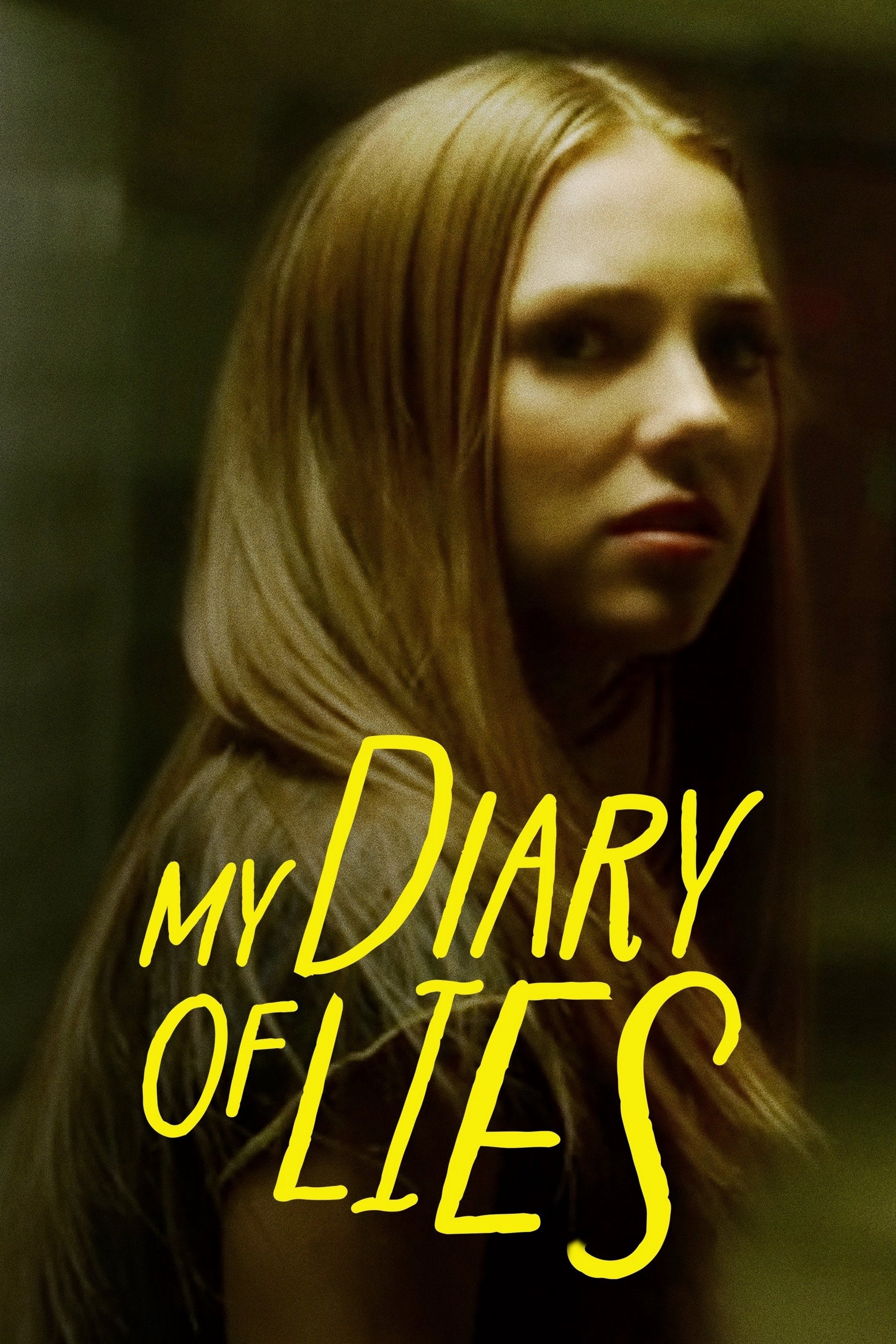
After making the cheer squad at her new school, Natalie becomes public enemy number one after she's framed for murder.
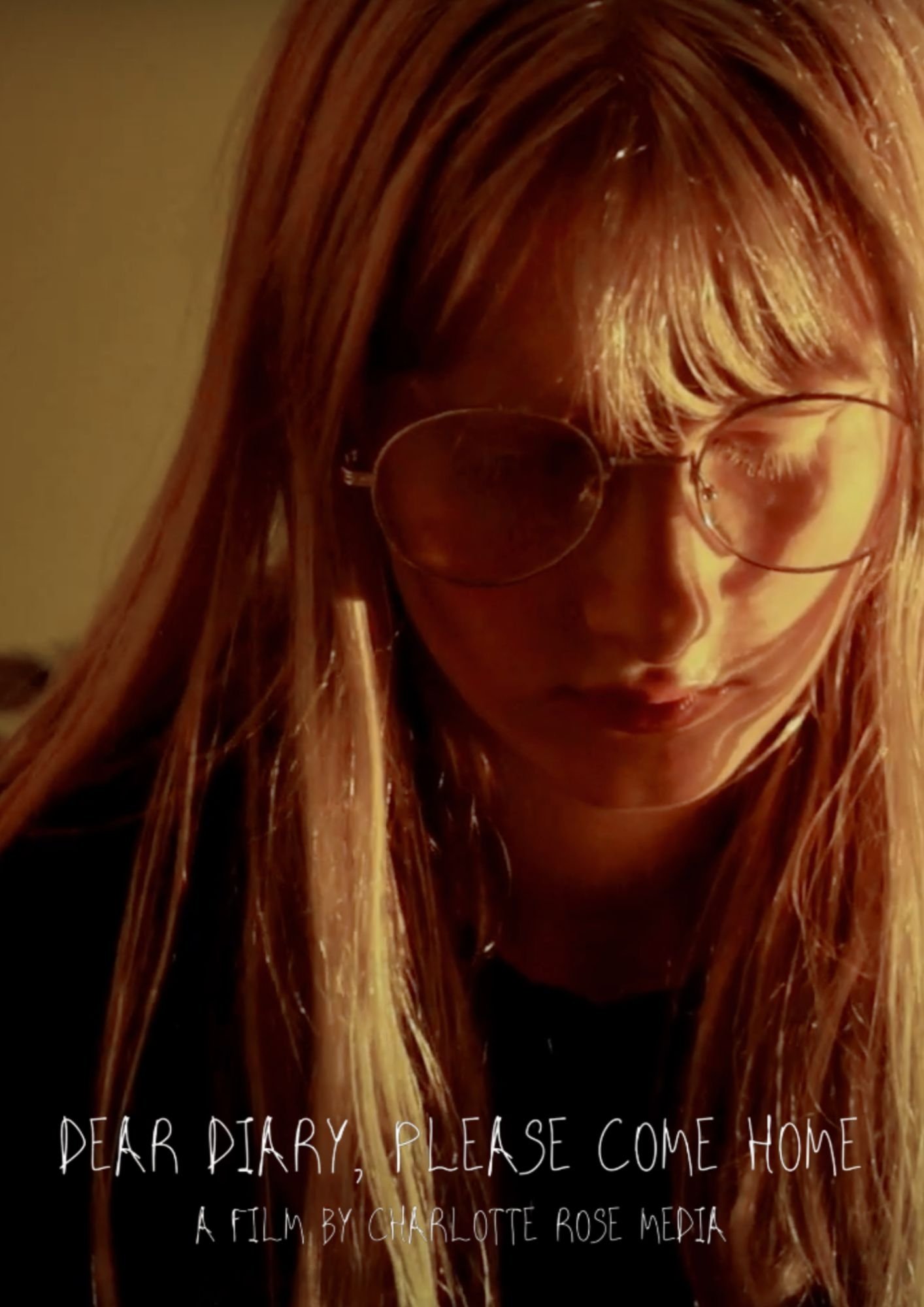
It has been a year since Juliette’s sister has passed and she hasn’t been doing so well since that day, but she must learn how to be kind to herself.

Juan Méndez Bernal leaves his house on the 9th of april of 1936 to fight in the imminent Spanish Civil War. 83 years later, his body is still one of the Grass Dwellers. The only thing that he leaves from those years on the front is a collection of 28 letters in his own writing.
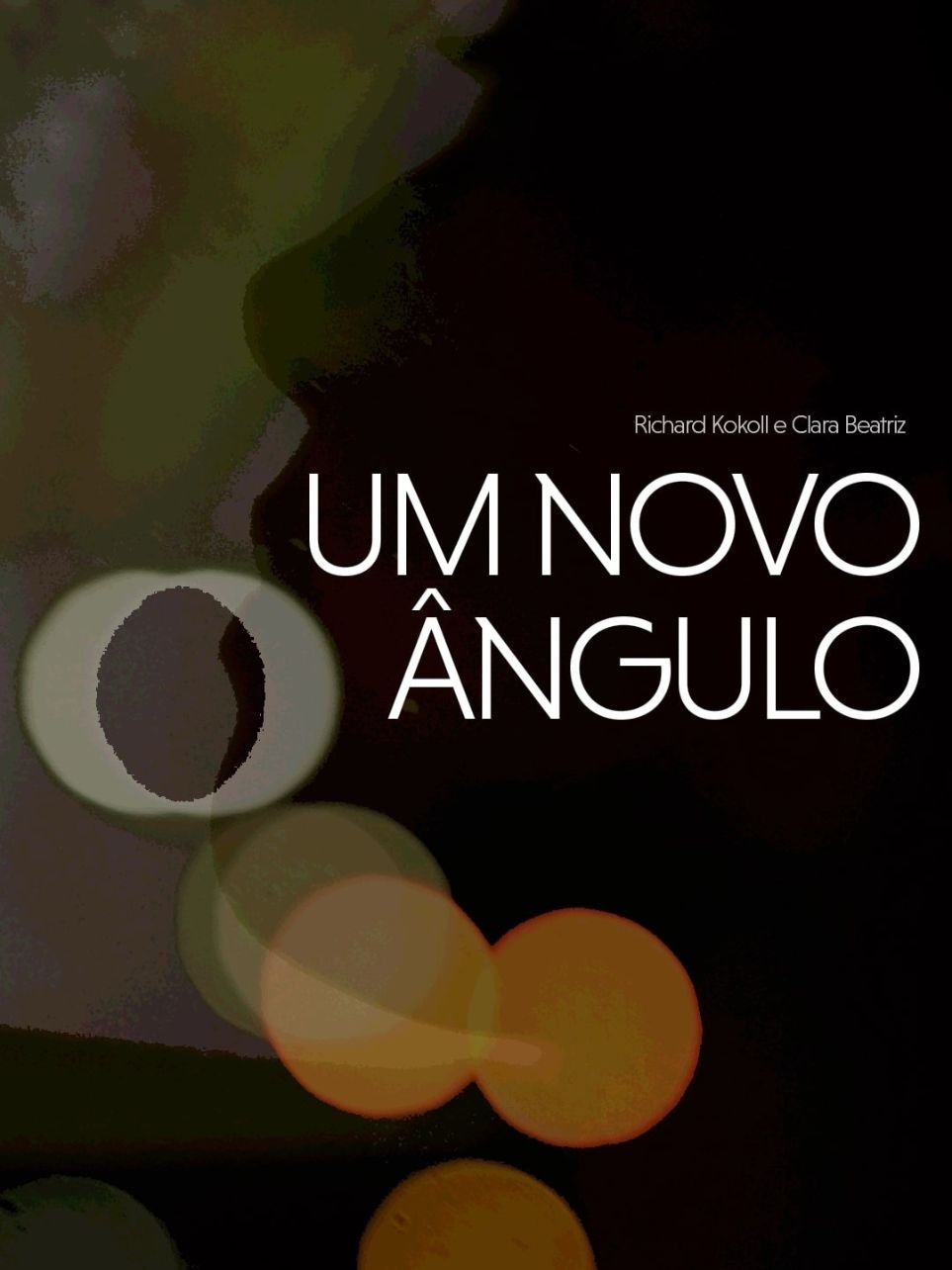
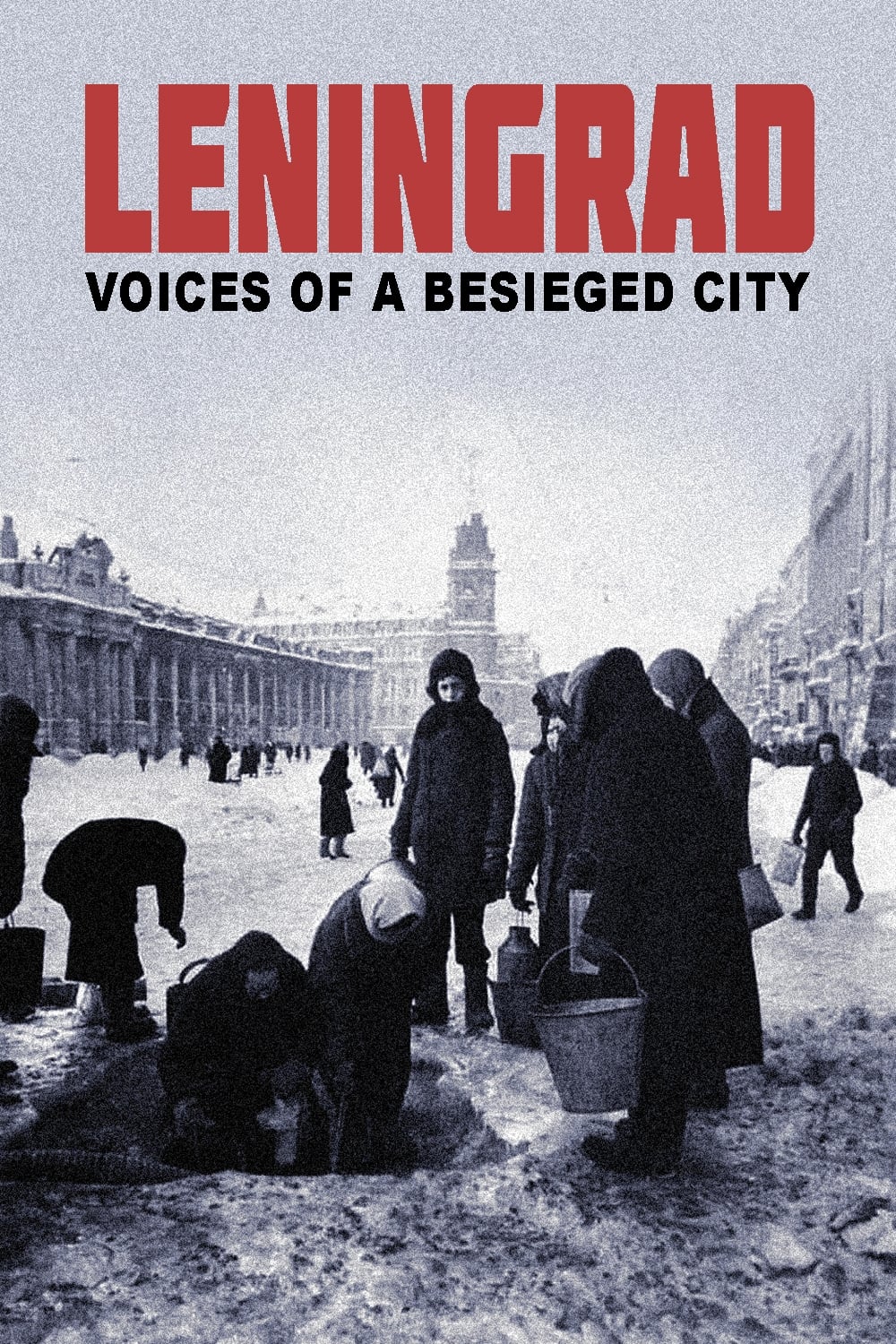
It was one of the great crimes of the Second World War: from 1941 to 1944, a total of 872 days, the siege and starvation of Leningrad by the German Wehrmacht on Hitler's orders lasted. Over a million people fell victim to the blockade, most of them dying of hunger. Countless of these starving people wrote diaries with the last of their strength, and cameramen filmed in the paralyzed city. Evidence from the hell of the siege, many of the film recordings, but above all the written memories on which this documentary on the occasion of the 80th anniversary of the liberation is based, remained under lock and key after the war. The voices of those who had suffered through this terrible time should not be heard by anyone, because they did not fit the pathos of the Leningrad heroic song that was officially sung. Most of the recordings come from women. The writers feared neither the enemy nor the Communist Party or Stalin, who often proved incompetent in providing for the population.
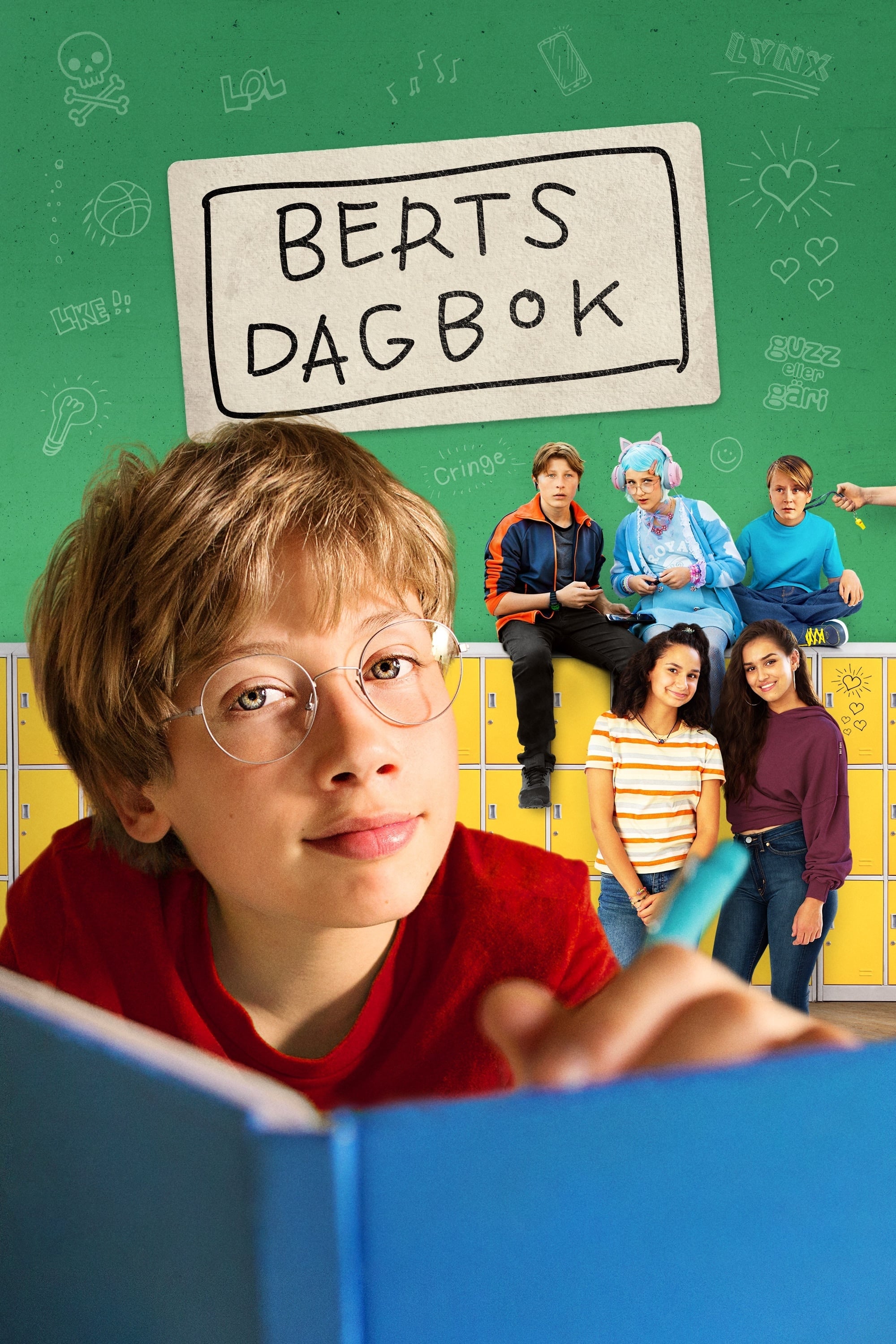
Leila is the girl that everyone is in love with. Bert is in the same class as Amira, the little sister to Leila, and he sees his opportunity to approach Leila through friendship with Amira.
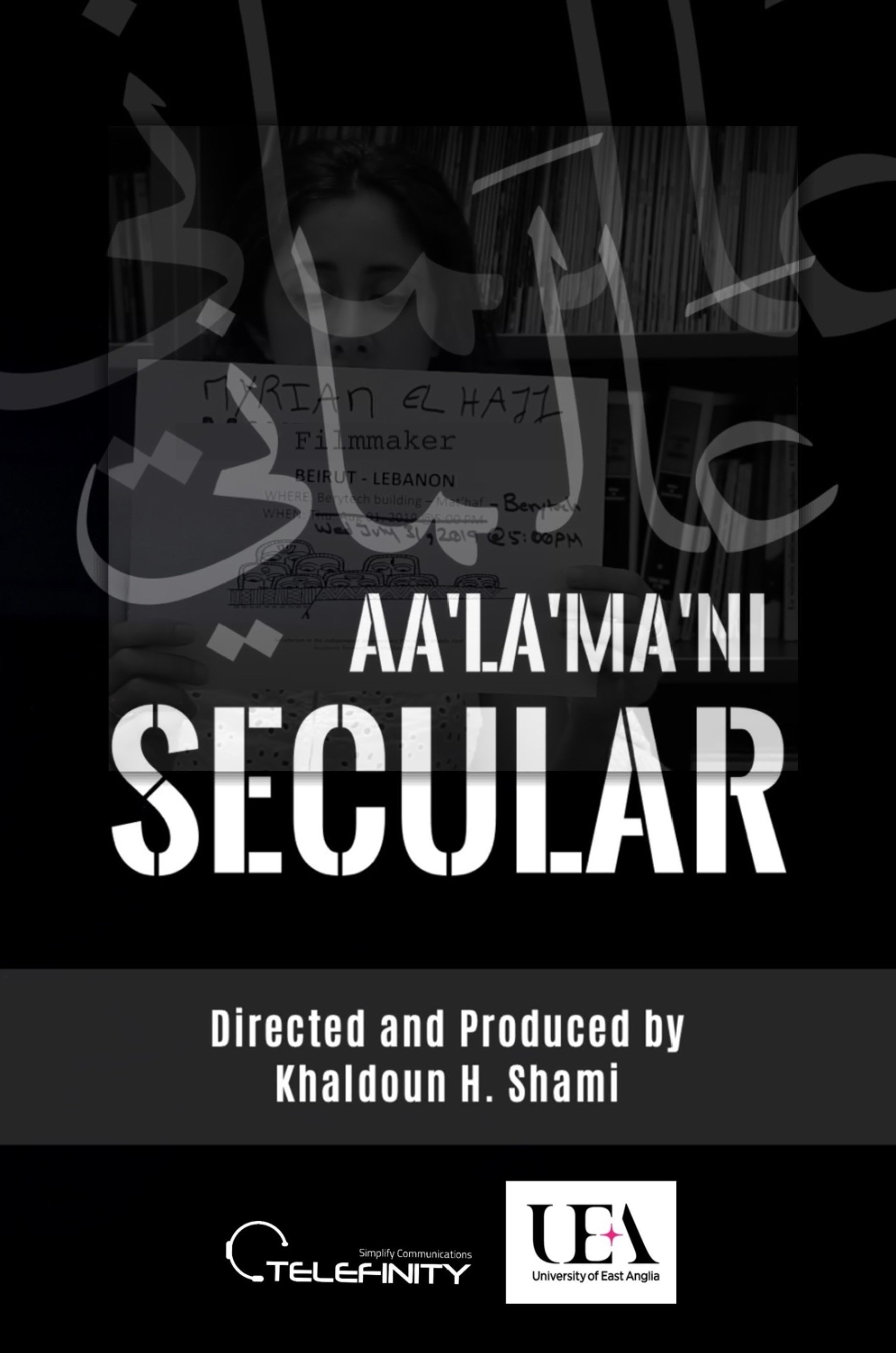
How is secularism depicted in films? The term "Aa'La'Ma'Ni" means worldly in Arabic. It's significant in the Middle East, where secularism is controversial since the majority often link secularism with atheism and anti-religious sentiment. SECULAR | Aa'La'Ma'Ni, a documentary based on academic research, explores the depiction of secularism in Middle Eastern cinema and TV channels. Filmmakers and regional producers openly discuss religion, sectarianism, authorities, minorities, and industry challenges.
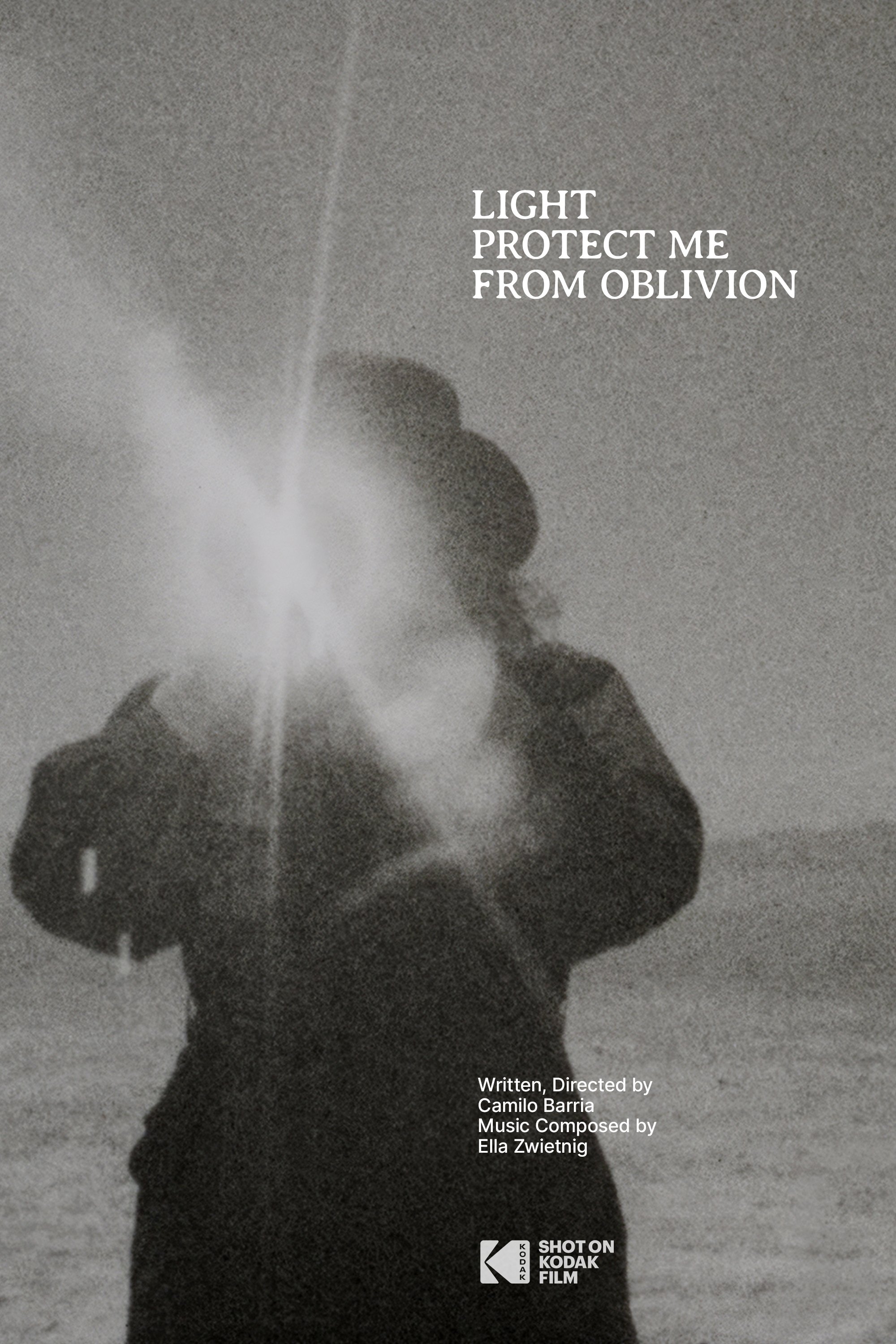
A portal, a sorceress, a fictional device to portray existence as a moment encapsulated inside an instantaneous photograph to present fragmented biographical elements —family disintegration, rootlessness, scars, two loyal companions, the promises of a new land—subverting the notion of a home-movie and transform it into a pilgrimage tool of self-discovery, mirroring the fragile nature of memories.
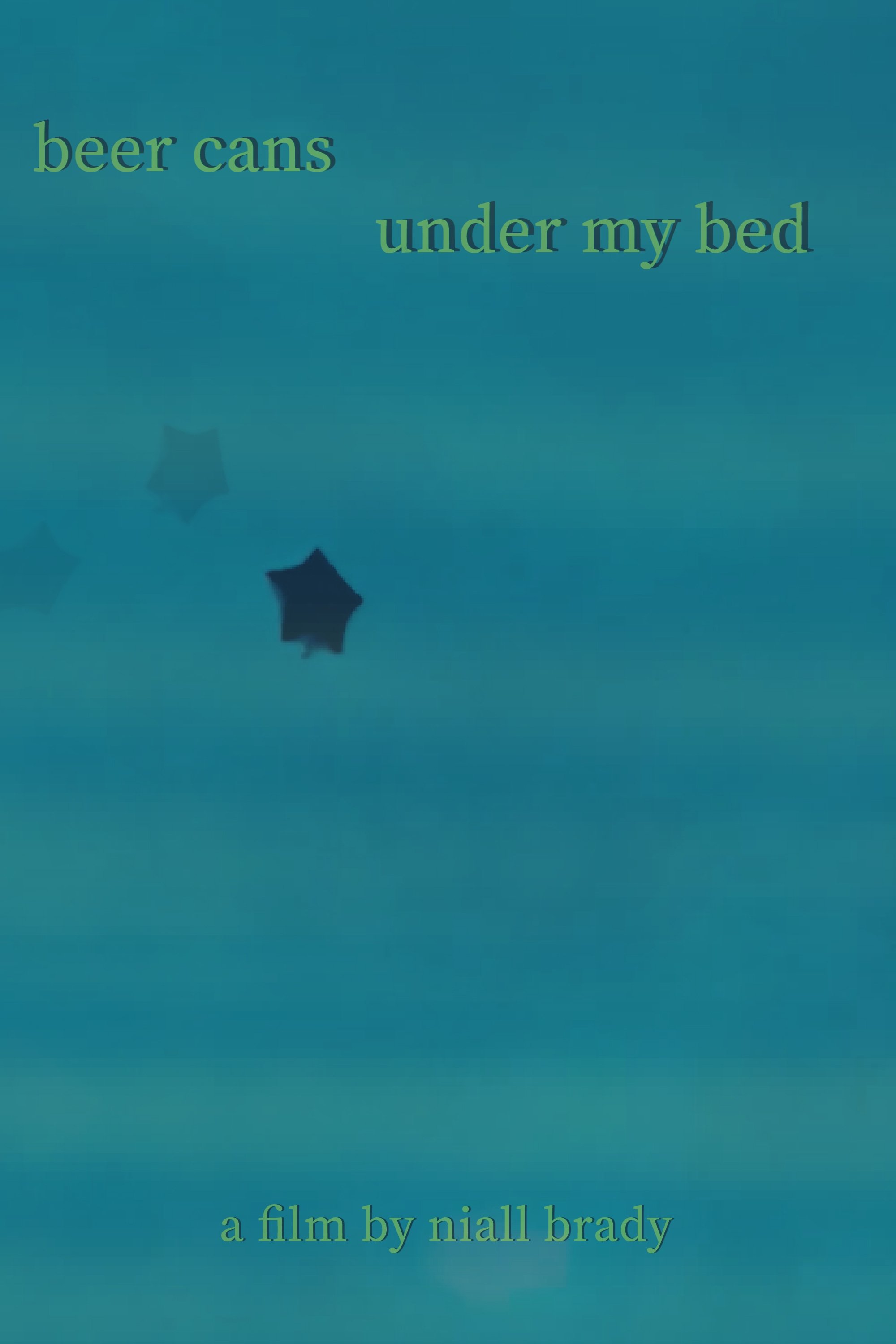
This short, started early on into sobriety, finished about nine months in, is a collage of diaries and notes, collected from within addiction and into recovery.
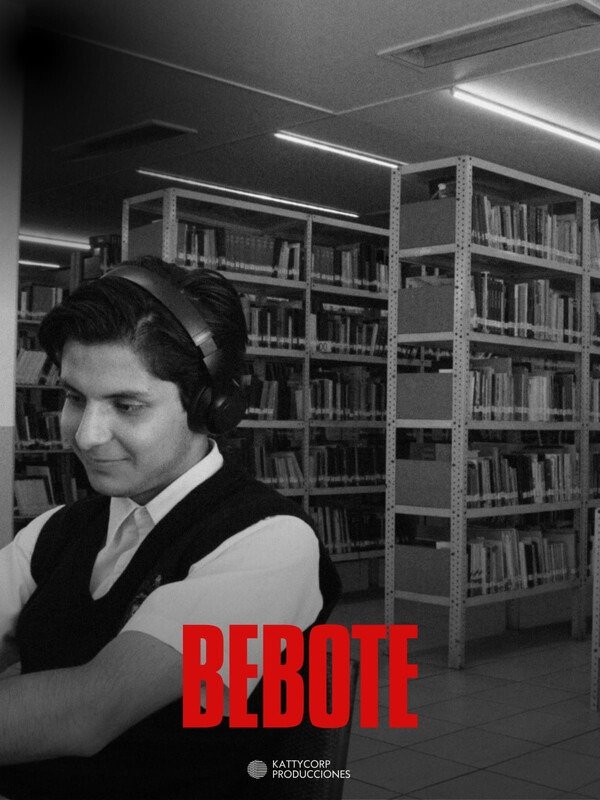
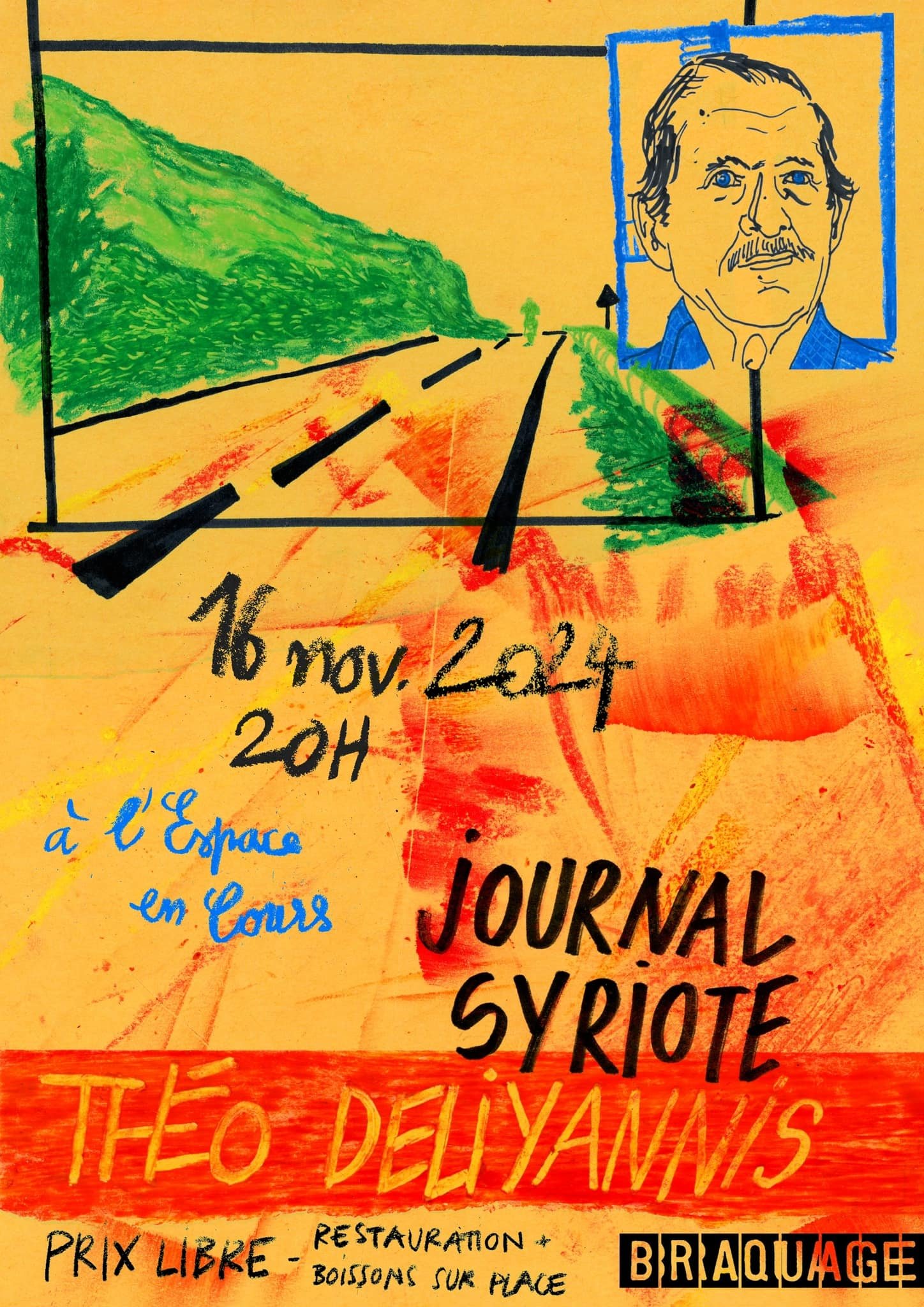
Theo (Théo Deliyannis) made three consecutive trips to the island of Syros in Greece, where part of his family had lived. He knew the island well, but everything was changing there, and so he decided to record, in the form of fragments, the small impressions of his daily life, of what he did, saw, smelt and touched there. From the weather to the cats waiting outside his door, from the crumbling rock to the food that goes down the drain, everything is carefully transcribed. Little by little, Théo sinks into the island...
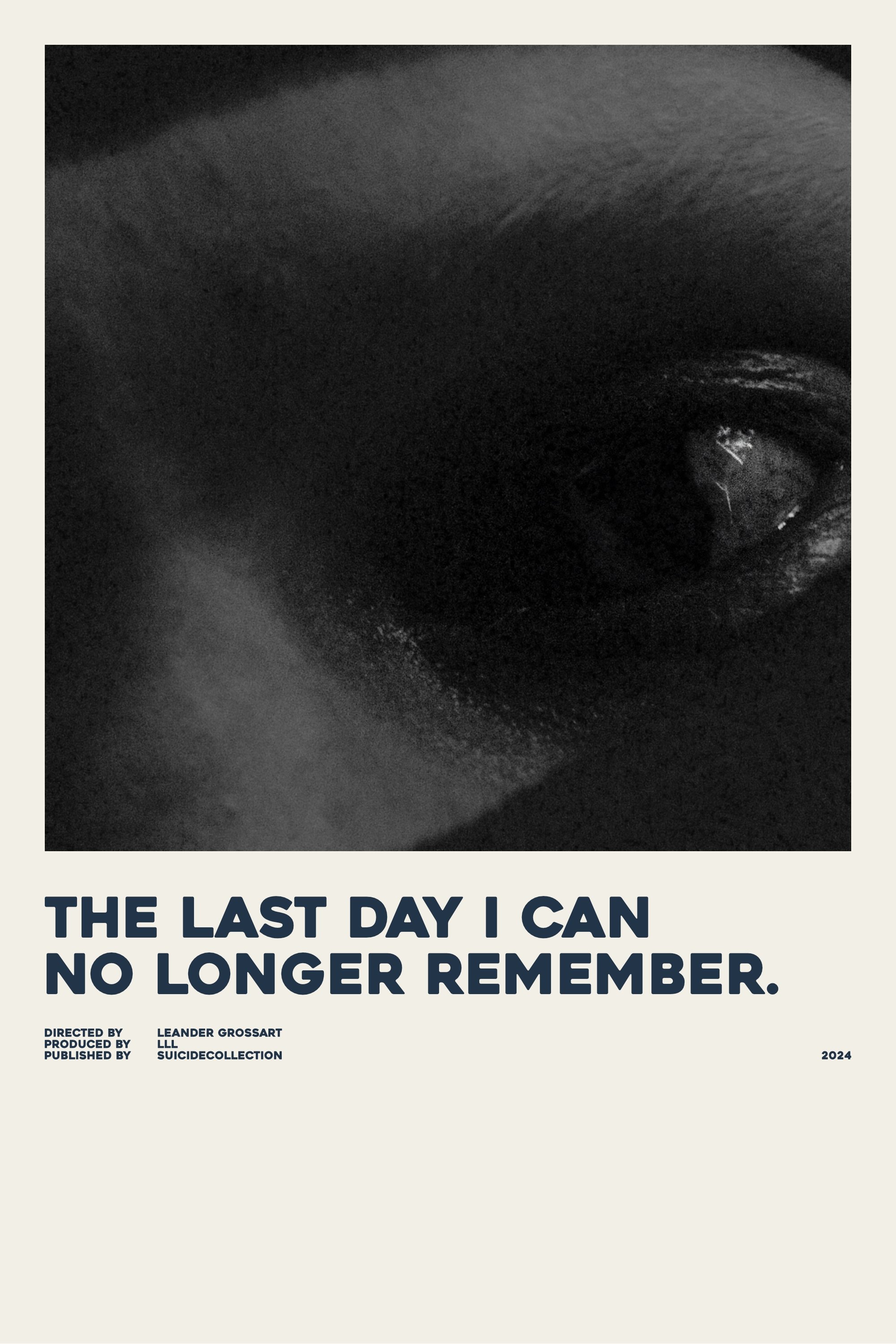
An abstract, experimental, personal reappraisal of experiences and crises - the project was the result of an experiment.
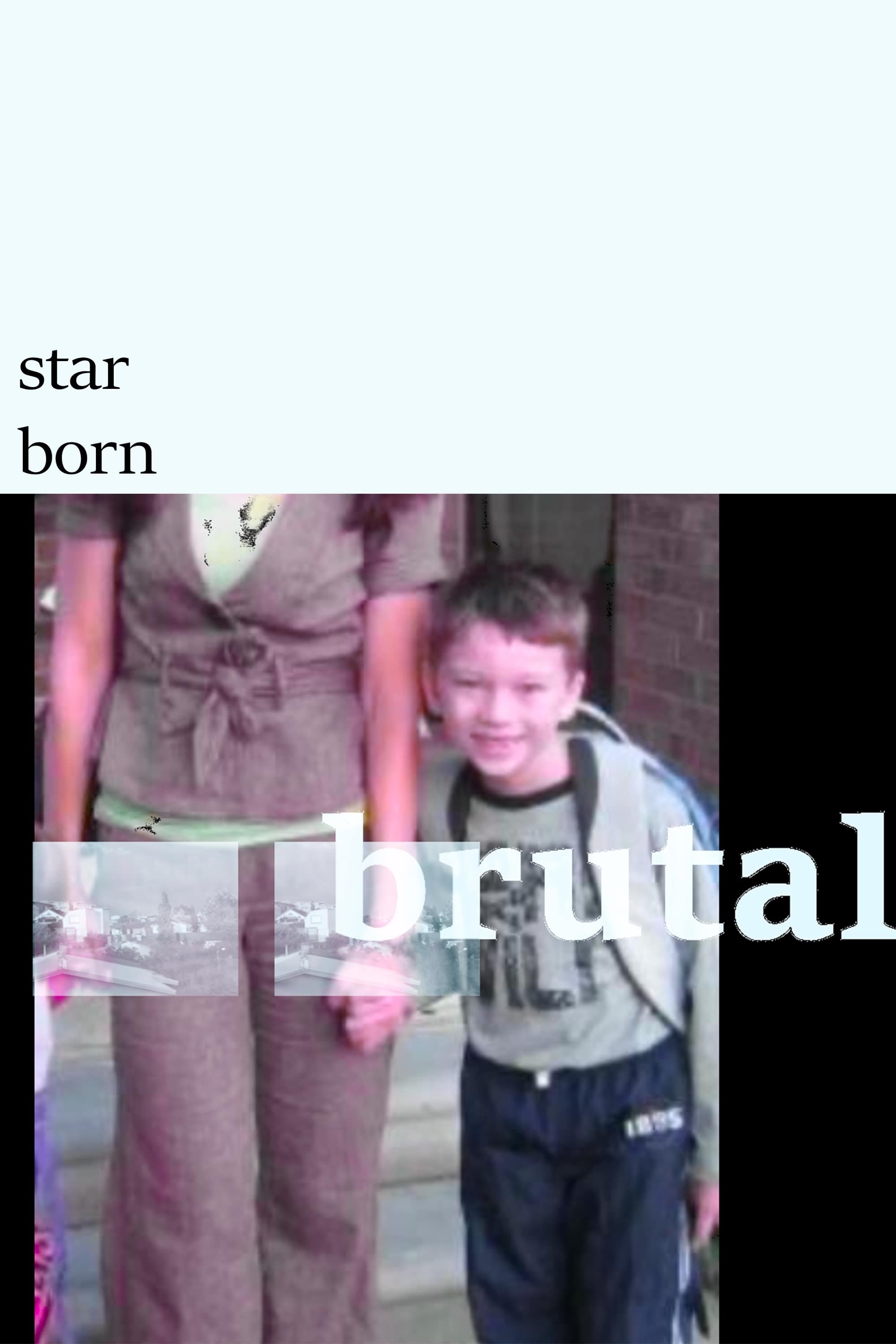
'star born brutal' is a diaristic exploration of masculinity after experiencing a schizophrenic breakdown. Static memories recur and dissolve in a search for understanding and quiet liberation.
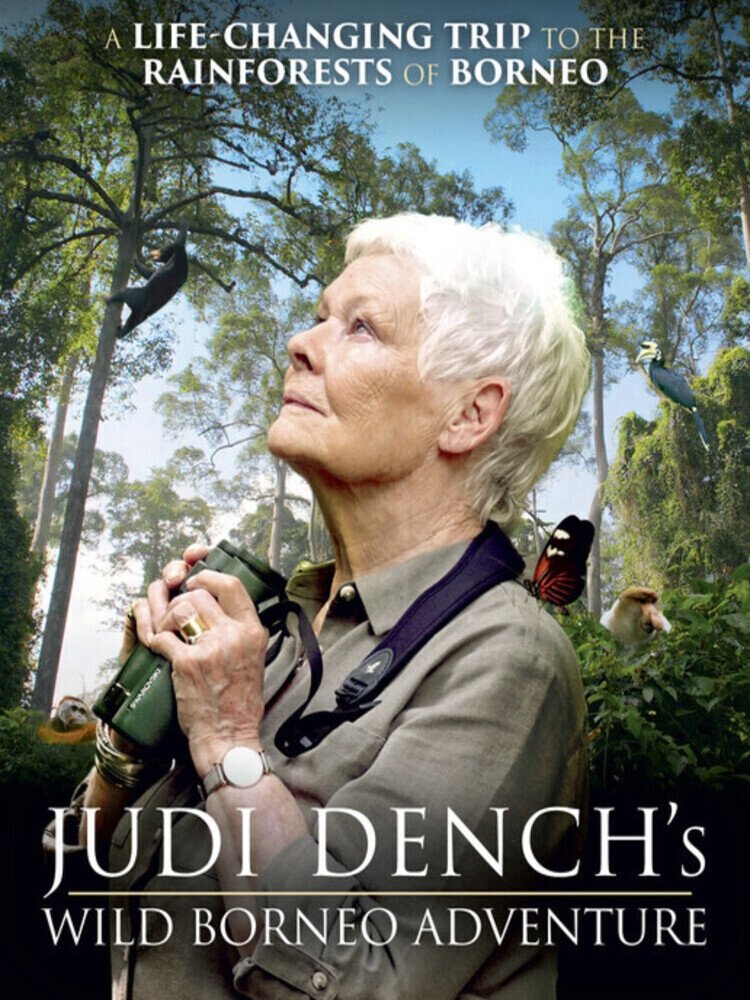
Judi Dench is setting out on a trip of a lifetime to uncover the lush rainforests, magical wildlife and spectacular coastlines of Malaysian Borneo. This will be an unforgettable journey for one of our country's most beloved national treasures.
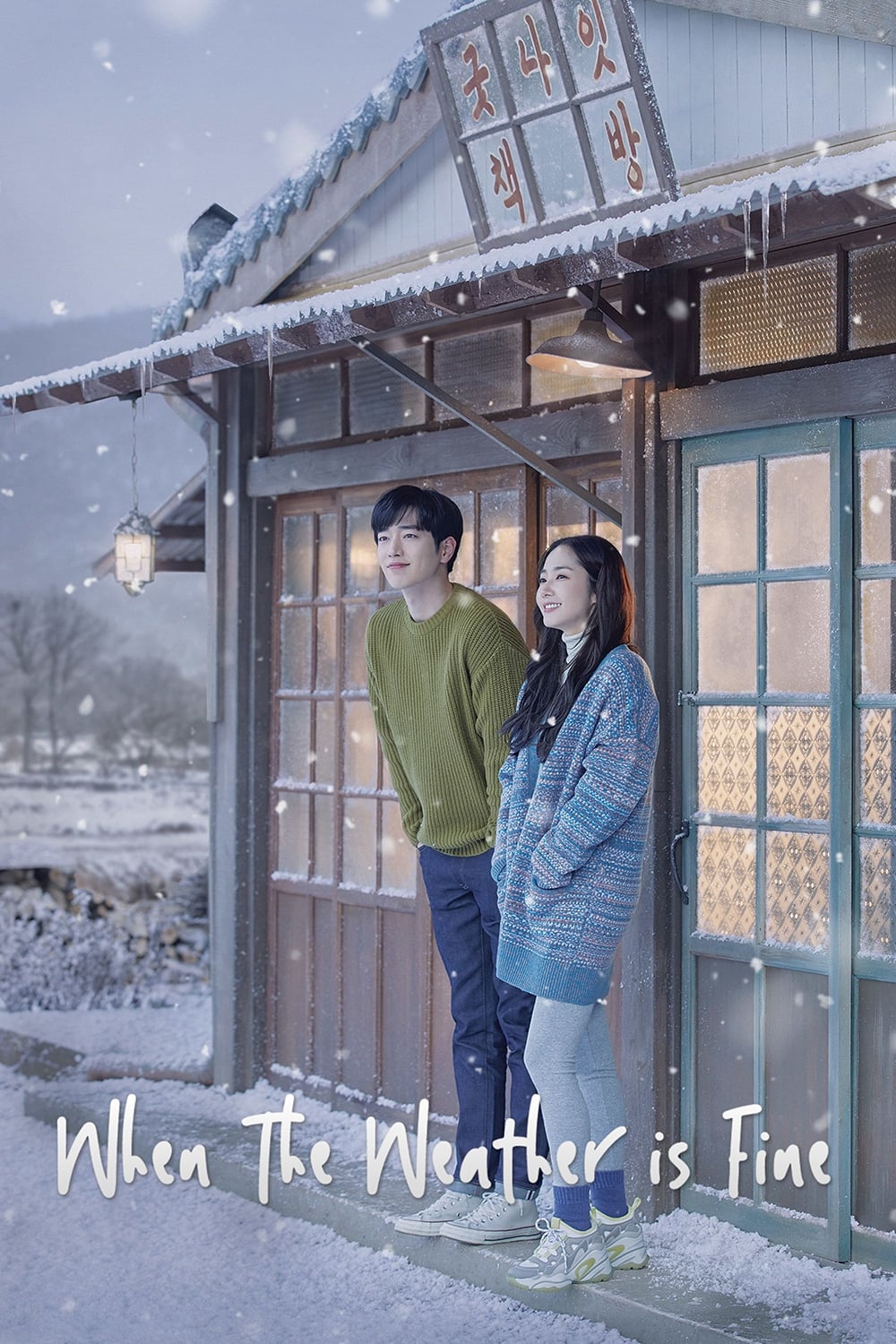
Drained from her life in the city, a young cellist moves to a quiet small town, where she encounters an old friend who helps her heal and remake herself.
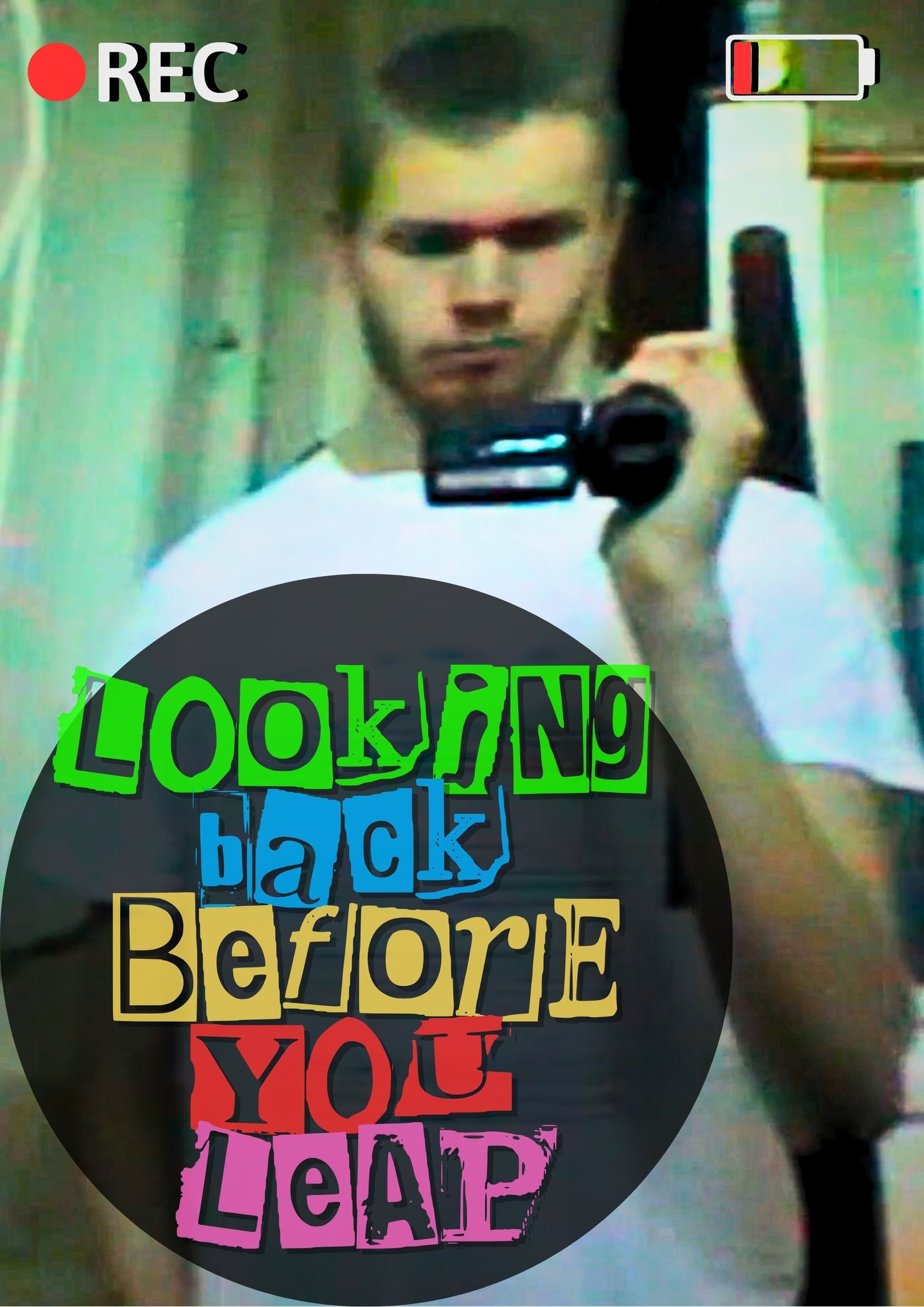
A collection of memories from a tumultuous time at University.
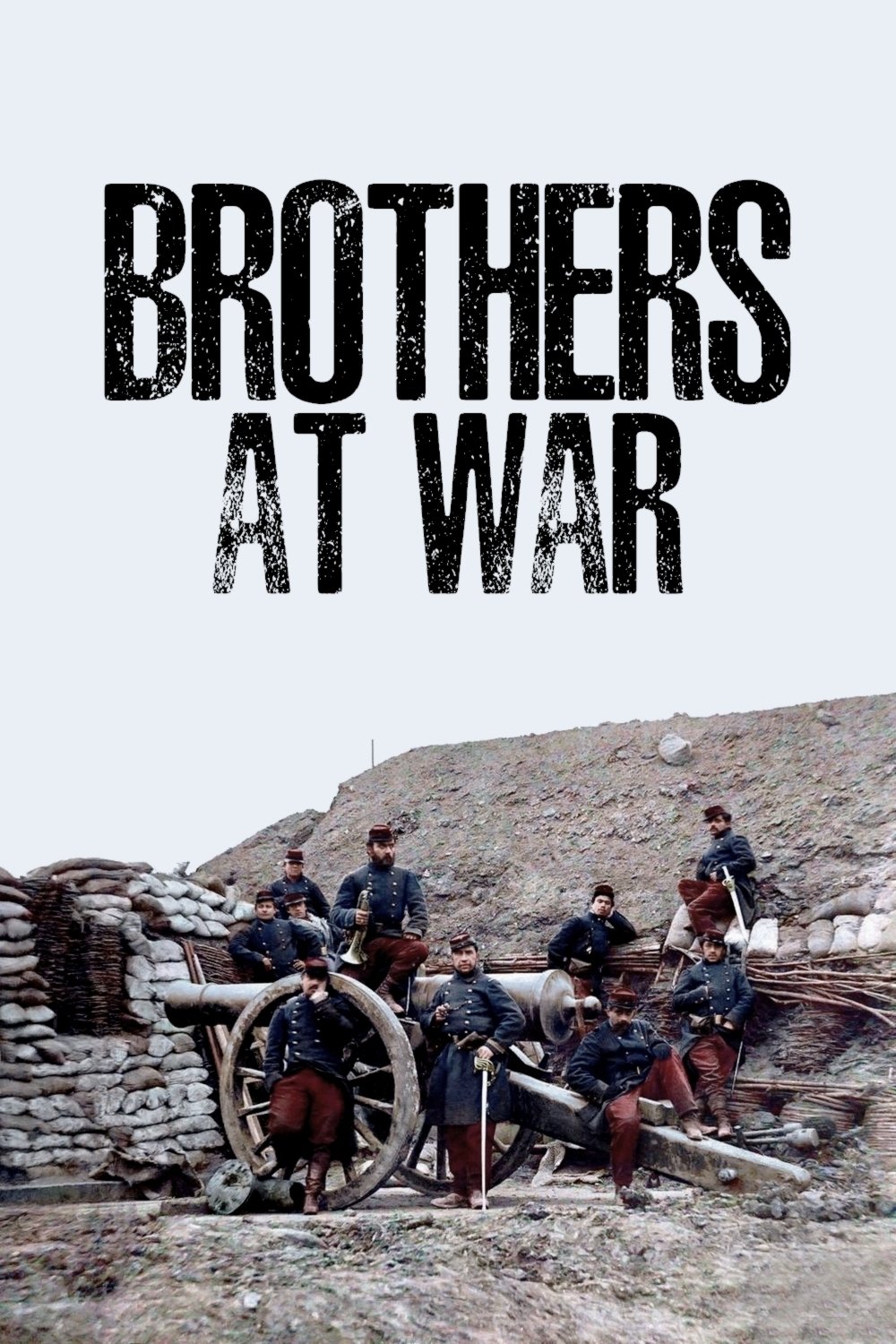
A look back at a cruel conflict, the Franco-Prussian War (1870-71), which changed the political geography of Europe and sowed the seeds of a deep antagonism between France and Germany that culminated in two world wars. Excerpts from the diaries of the witnesses, photographs and painted panoramas tell the truth about a forgotten war.
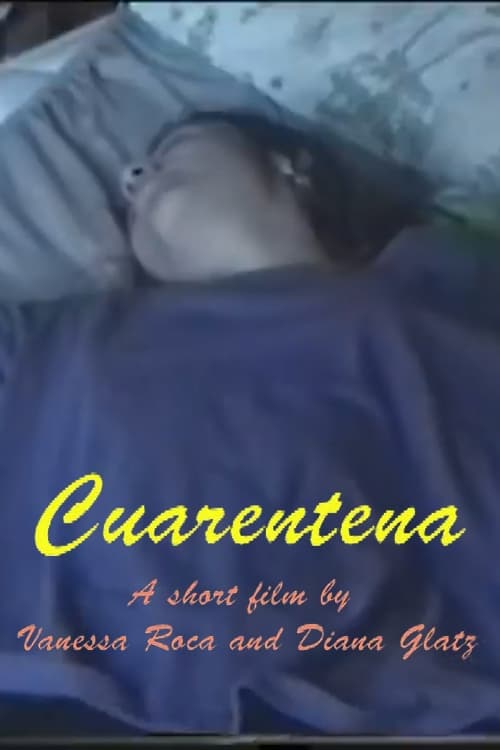
A short film of the first weeks of strict national lockdown, filmed in Barcelona on a classic home video camera Hi8. Narrates the story of three women who share a flat and who create a microworld not only to survive the global pandemic but also to survive themselves.
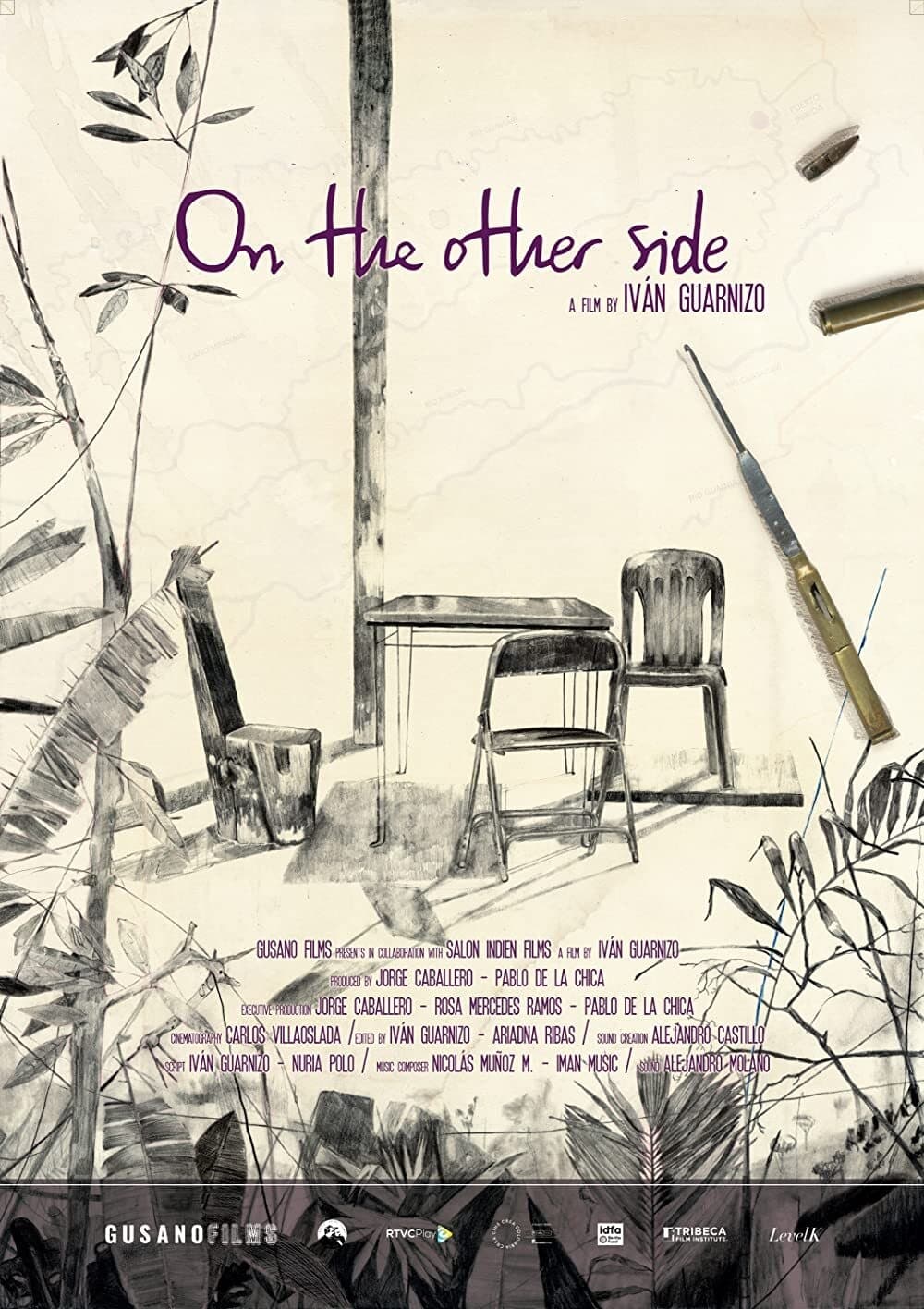
When director Iván Guarnizo's mother passes during the first days of peace talks with FARC-EP in Colombia, a door opens to explore a dark and painful past and, perhaps, find forgiveness. Iván's mother had been kidnapped by FARC-EP forces and held in captivity for 603 days. As they marched her through the jungles and mountains of the Colombian countryside, she was able to keep a diary that in great detail documented the places she was taken, her experiences and the names and descriptions of her captors.
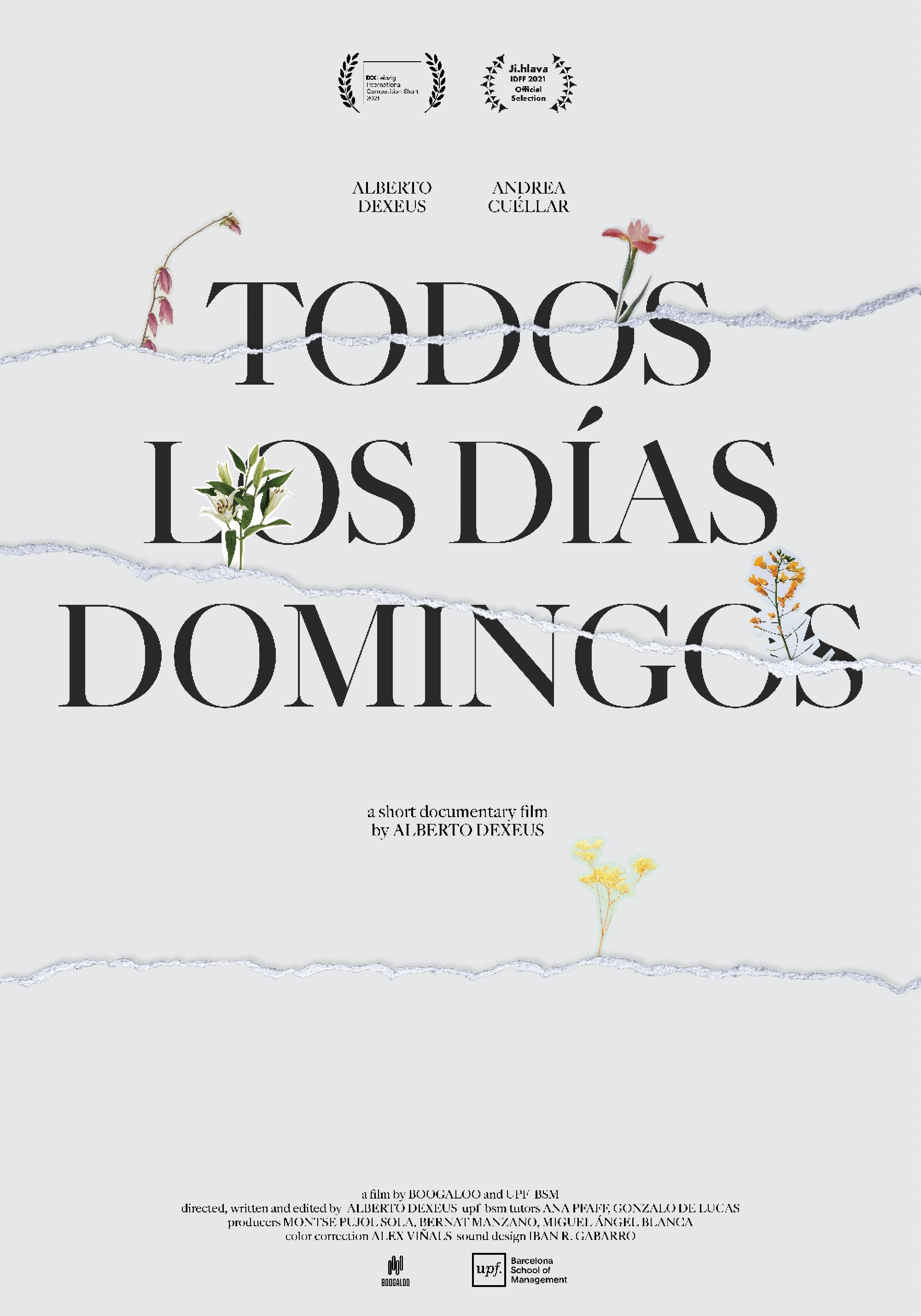
Thoughts, sometimes just numbers, reach us from offscreen almost like music, like a mantra or a prayer. What we see are circular fragments from familiar spaces: a mirror, a magnifying glass. A day like any other day: without medication, or perhaps better with? A film like the investigation of an uncertainty principle: do we really see better with a magnifying glass? A face scratched out of the family album: the gap is draped with flowers and cut-out pictures of clothes and finally filled again by a drawing.
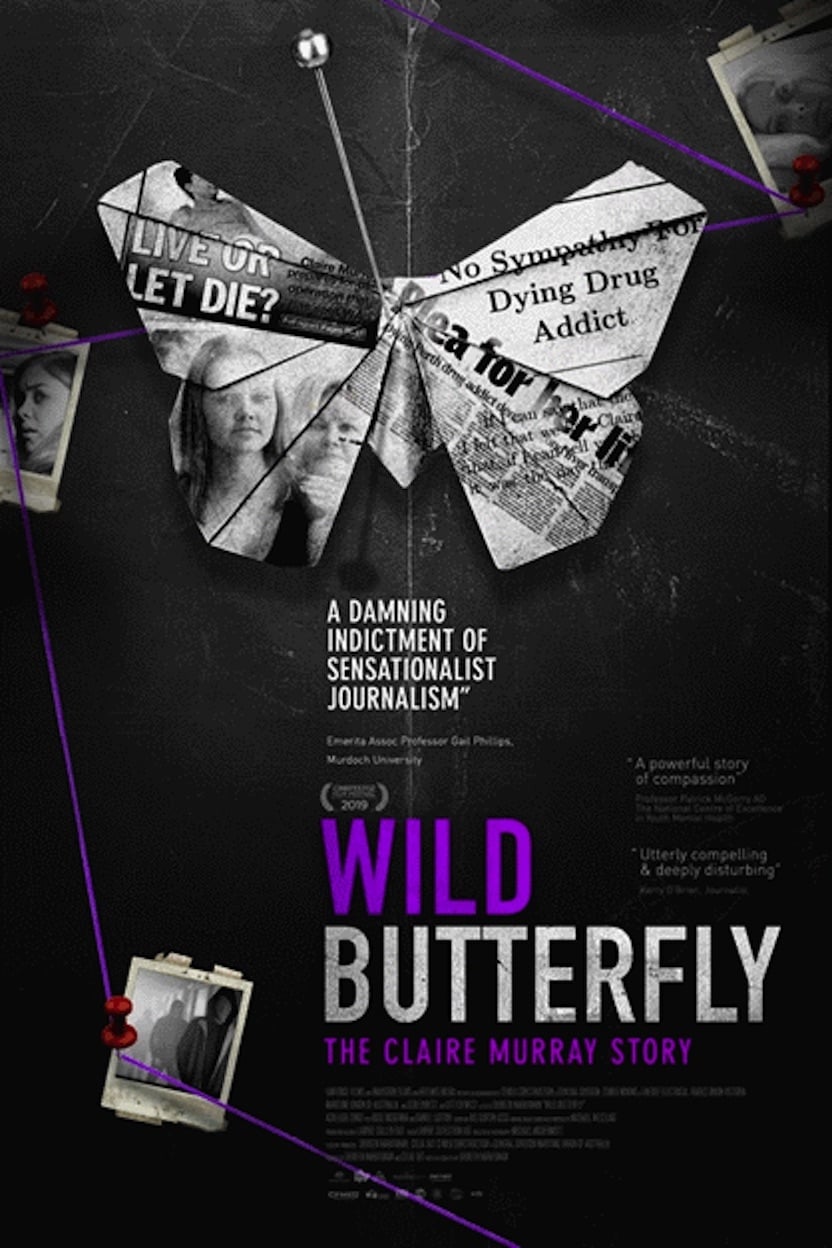
Wild Butterfly is true crime documentary that follows the tragic story of 24 year-old Claire Murray and her desperate search for a life- saving liver transplant that became a trial by national media. Depicted as an ungrateful junkie who recklessly destroyed her first transplant, Wild Butterfly investigates the true story behind the events that lead to Claire's death in 2010 including new criminal evidence. Catholic institutional cover-up, medical negligence, missing police records, and trial by mainstream and social media, are all at play in this heartbreaking and gripping documentary. This is not just the tragic story of one young woman and her family - this story opens our eyes to the impacts of universal social injustices and prejudices, that could befall any family and anybody's daughter.
By browsing this website, you accept our cookies policy.